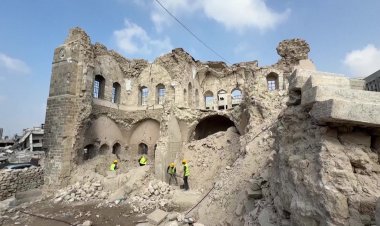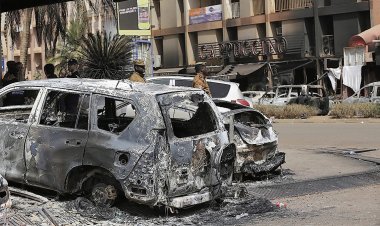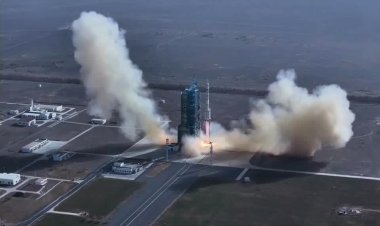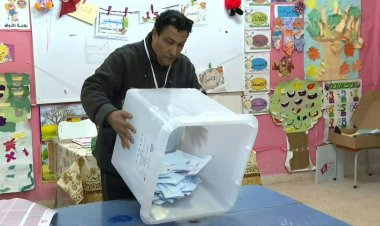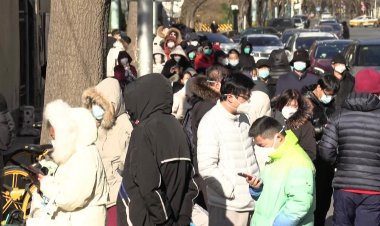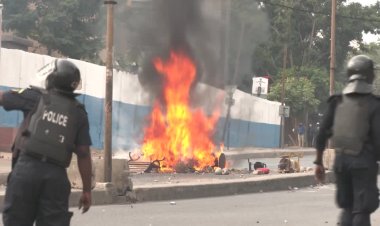Congo Farmers Struggle Amid Mining Pollution
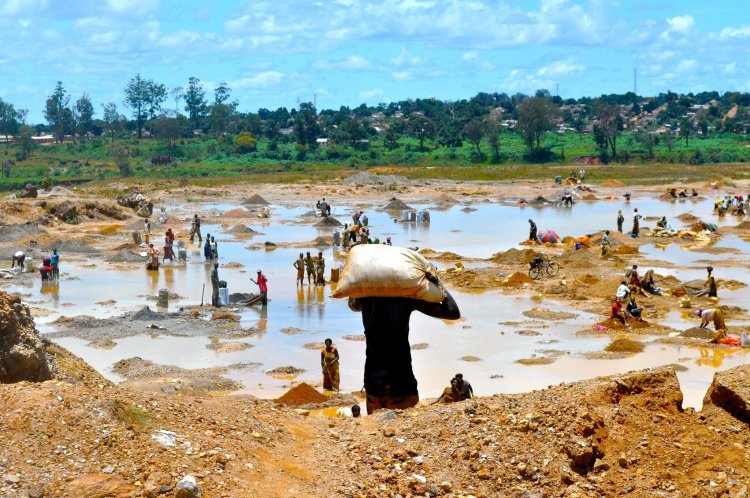
Farmers in the Democratic Republic of Congo's mining regions are facing severe challenges as they attempt to grow vegetables on the once-lush land surrounding local river systems. In recent years, agricultural production has become almost impossible due to acidic discharge from nearby cobalt and copper mines polluting the local waterways.
The Rashi mining layer has covered the fertile Black Earth, which lies about one meter under the ground. As a result, vegetables are no longer growing as they used to, severely impacting local agriculture.
The Democratic Republic of Congo is Africa's leading producer of copper and the world's top producer of cobalt. These valuable minerals are vital for energy storage, electric vehicles, solar panels, and wind turbines. For over a century, Lubumbashi, the country's second-largest city, has thrived on its mineral wealth, driving economic activity.
However, the mines also generate substantial water, air, and soil pollution, making produce harder to grow and sell. Consumers are increasingly steering clear of potentially contaminated products. The vegetables irrigated with acidified water are already showing signs of damage.
Several human rights groups and NGOs are calling for more stringent regulations and advising people to avoid direct consumption of the water. Local residents report that about 60% of children in the region suffer from health issues linked to the water and dust from the mines. Studies have shown high levels of copper and cobalt in some rivers.
Health concerns are mounting, with documented cases of skin diseases and reports of congenital malformations at birth. Statistics indicate an increasing number of cases of birth defects in the region.
Despite mining companies claiming improvements in water quality, scientists continue to warn that urgent measures are needed to prevent further serious harm to the community.




